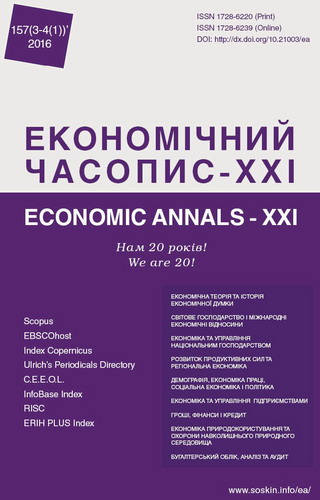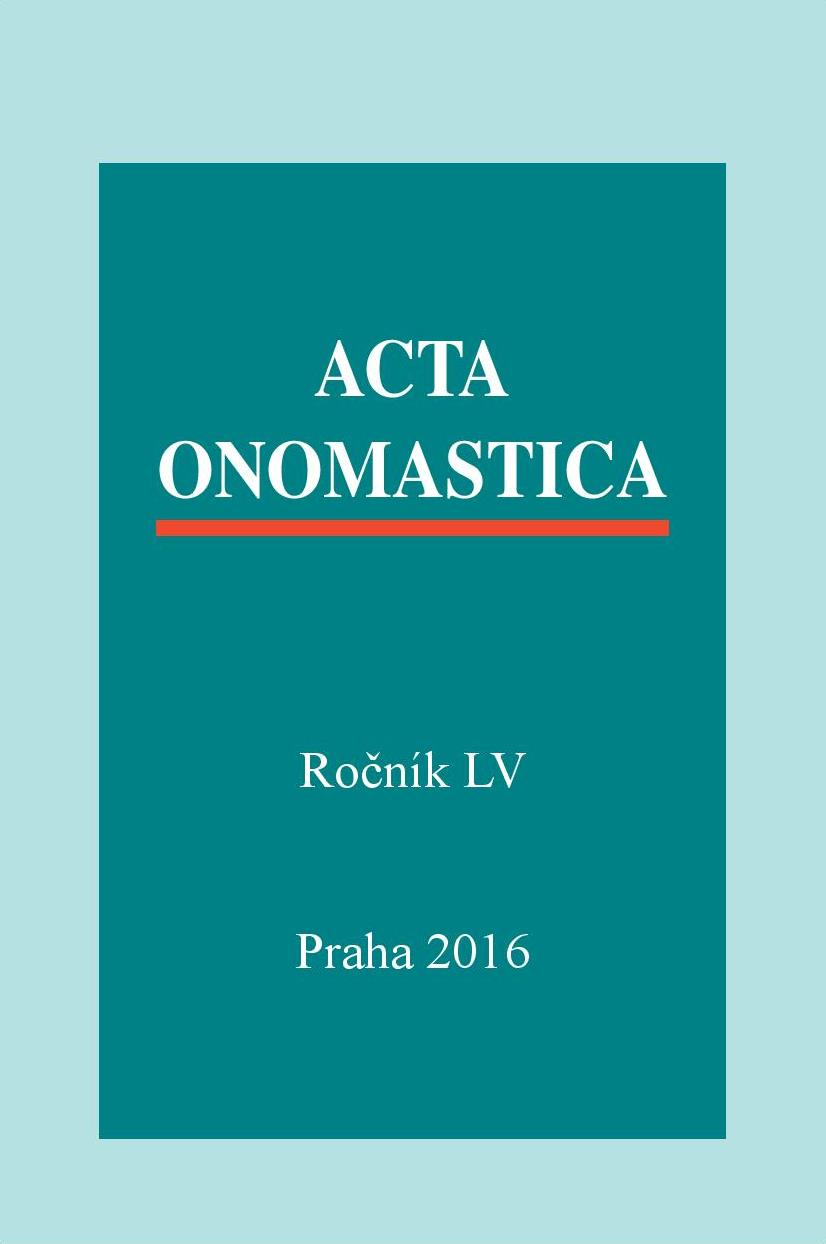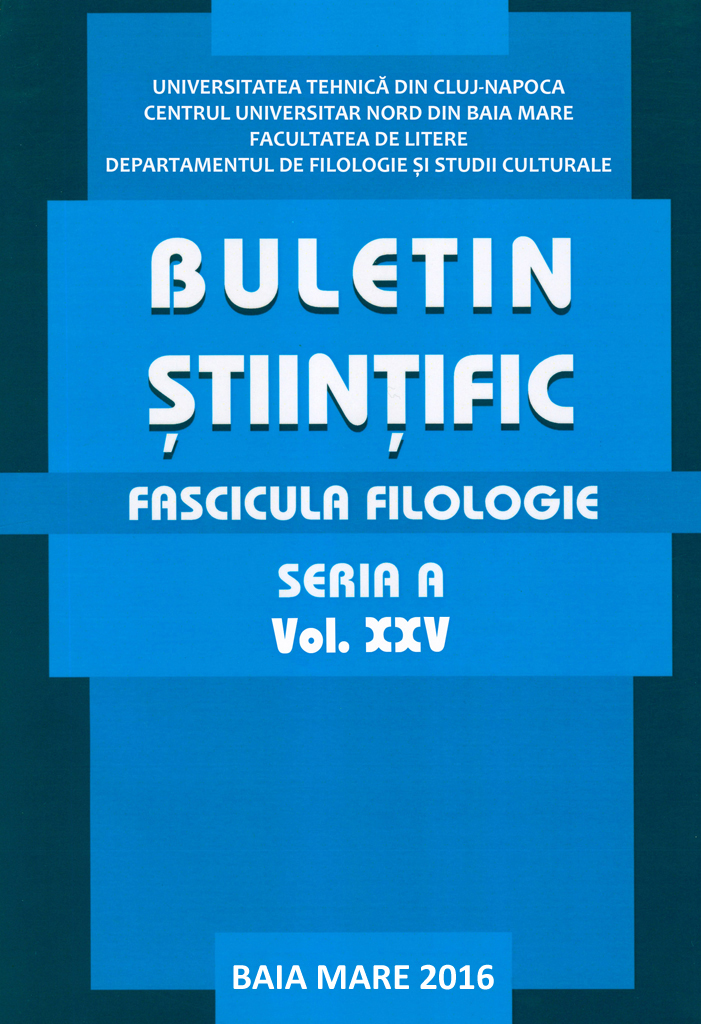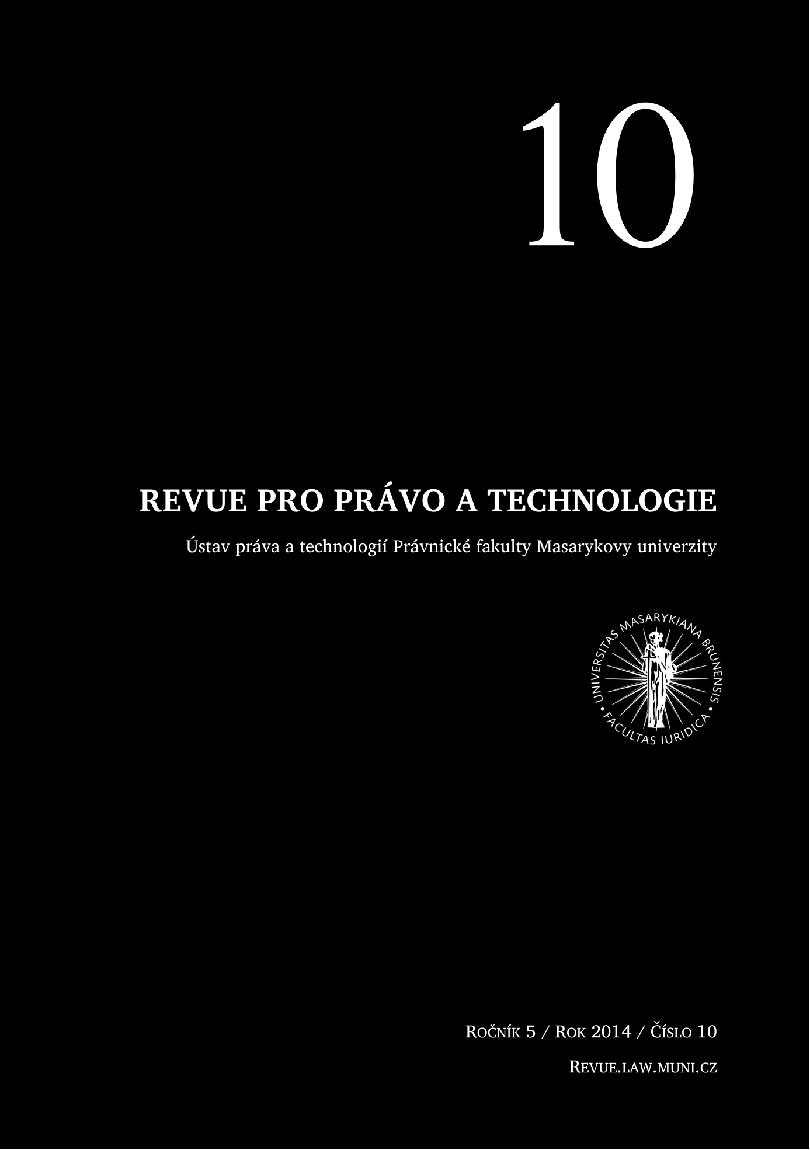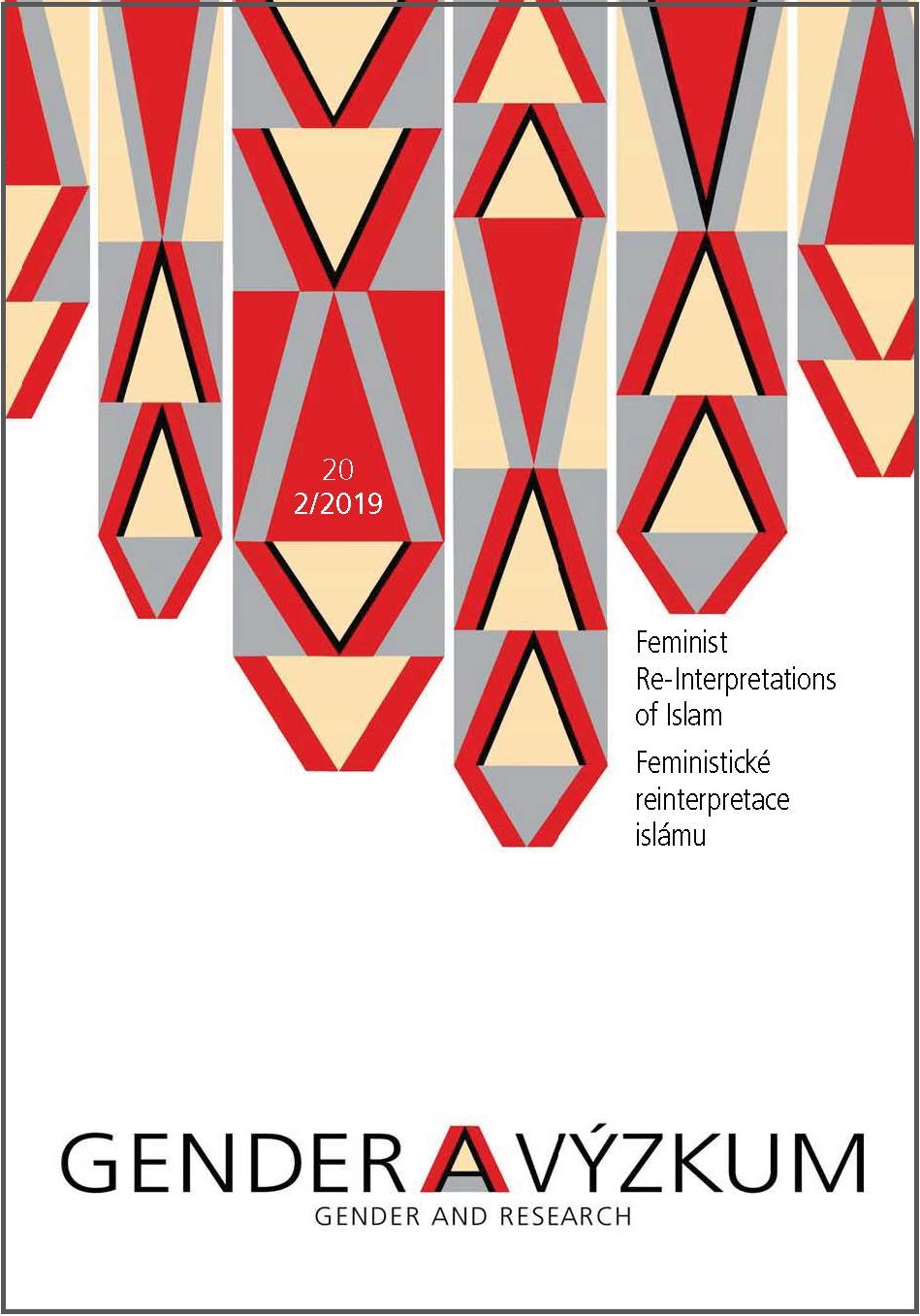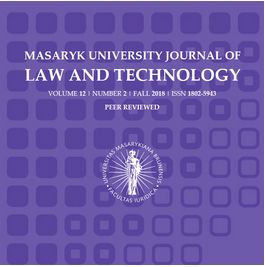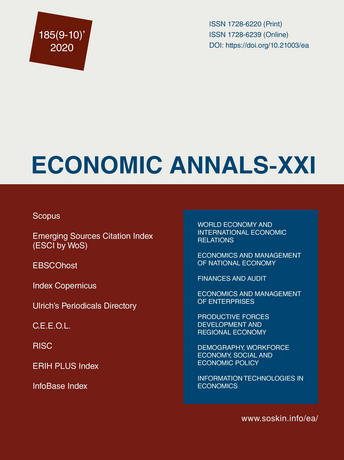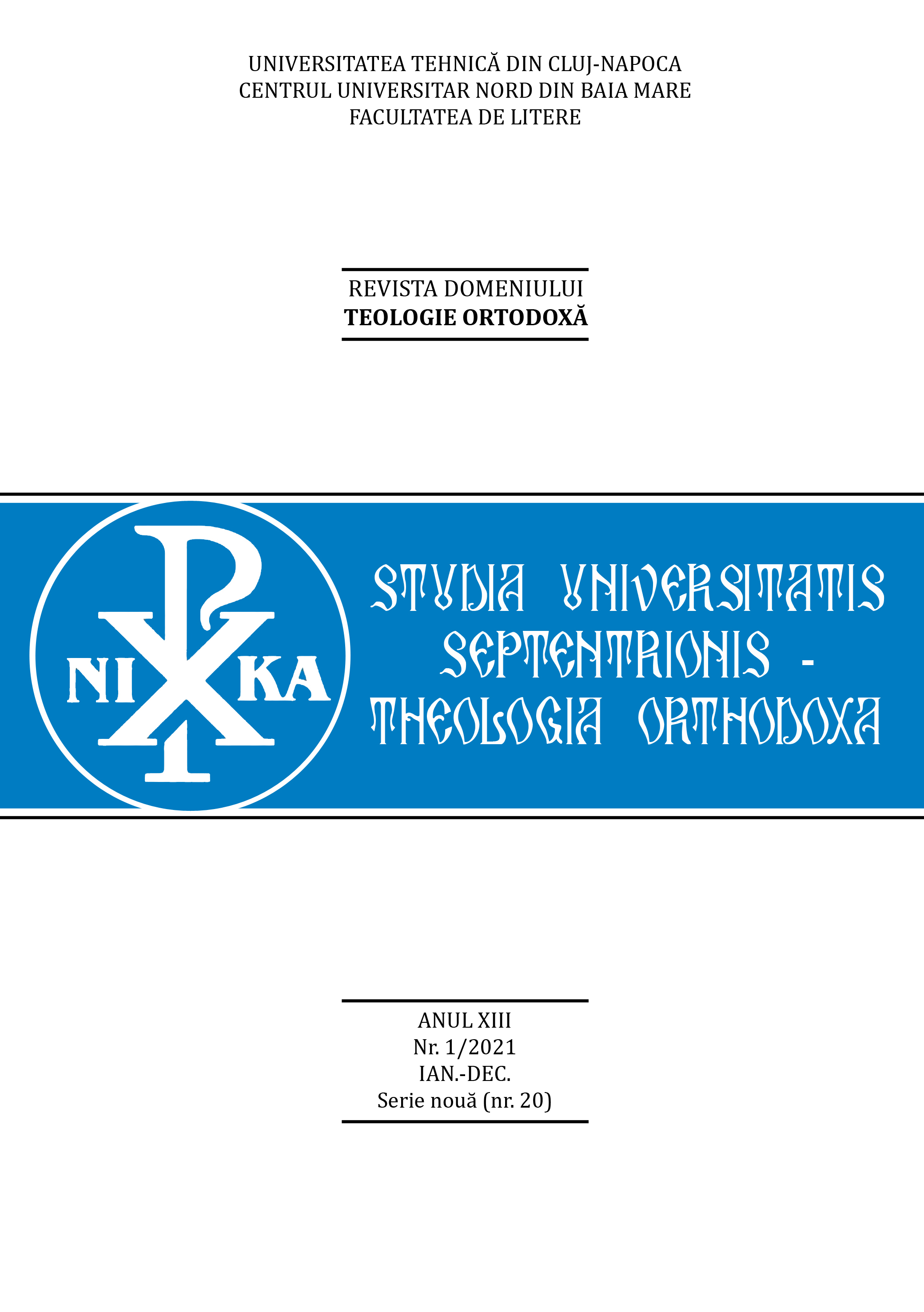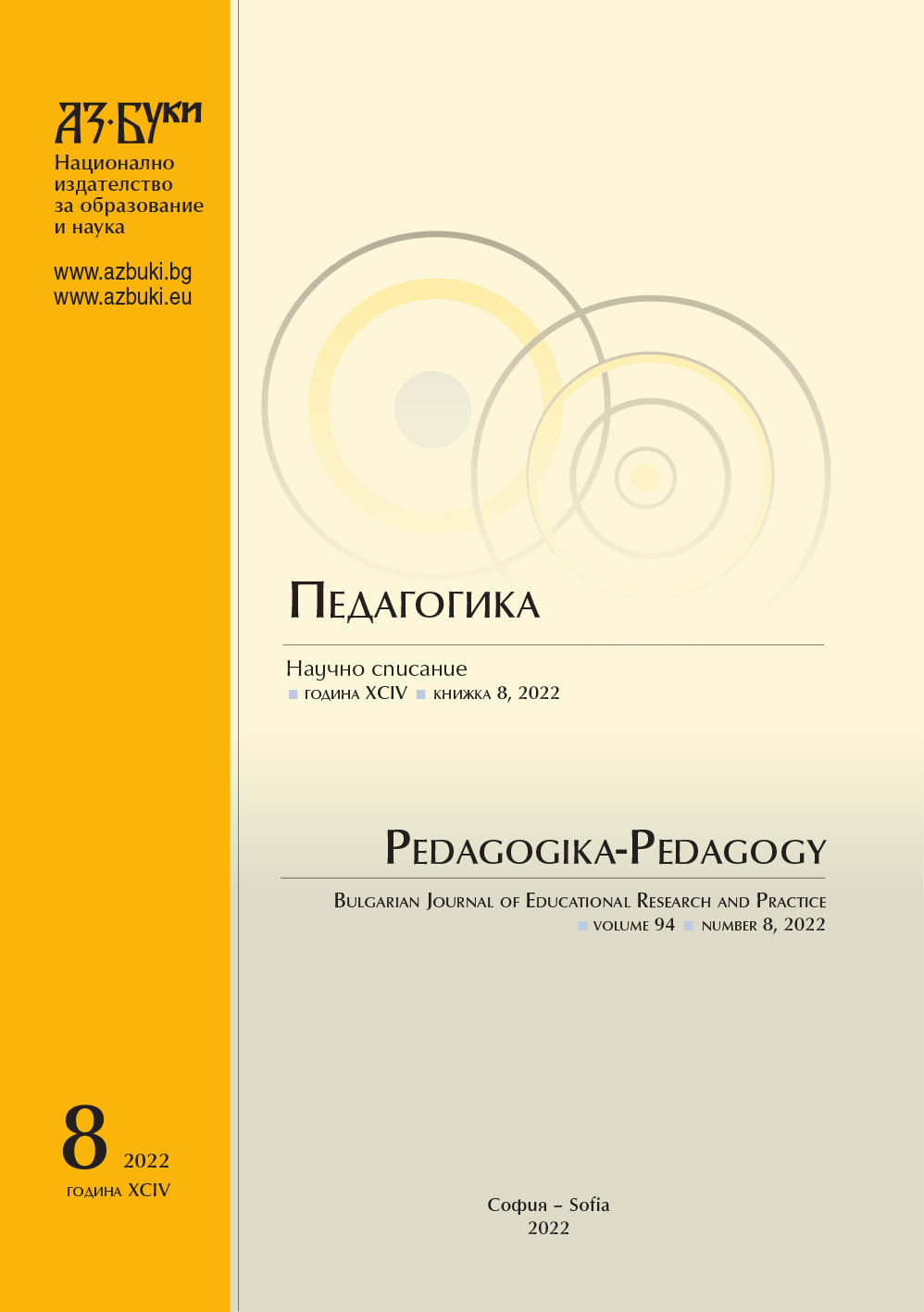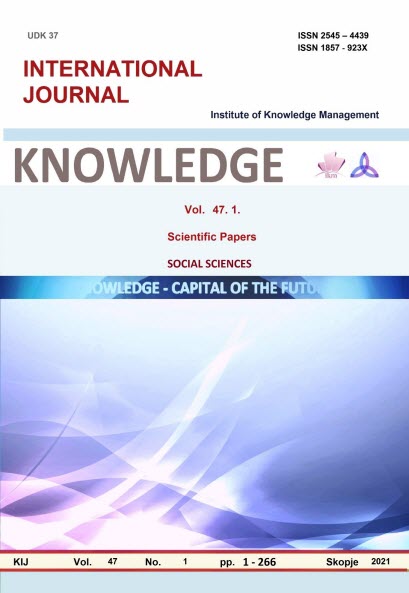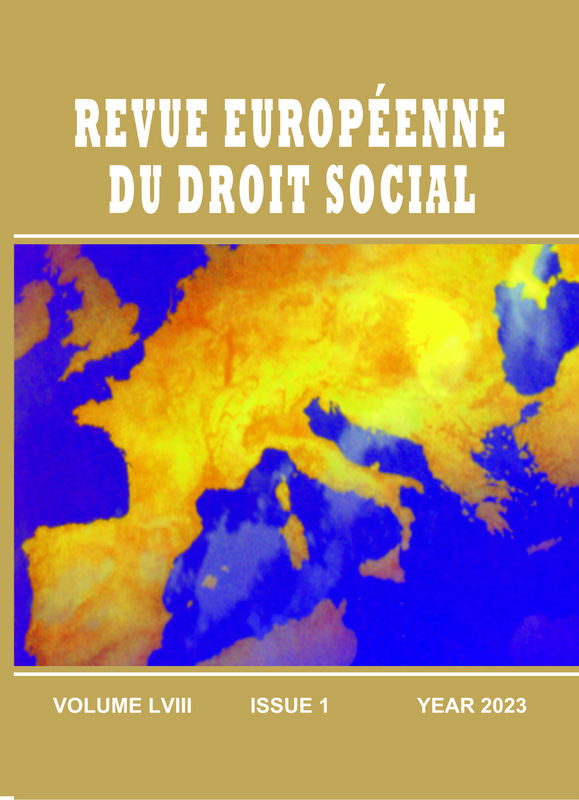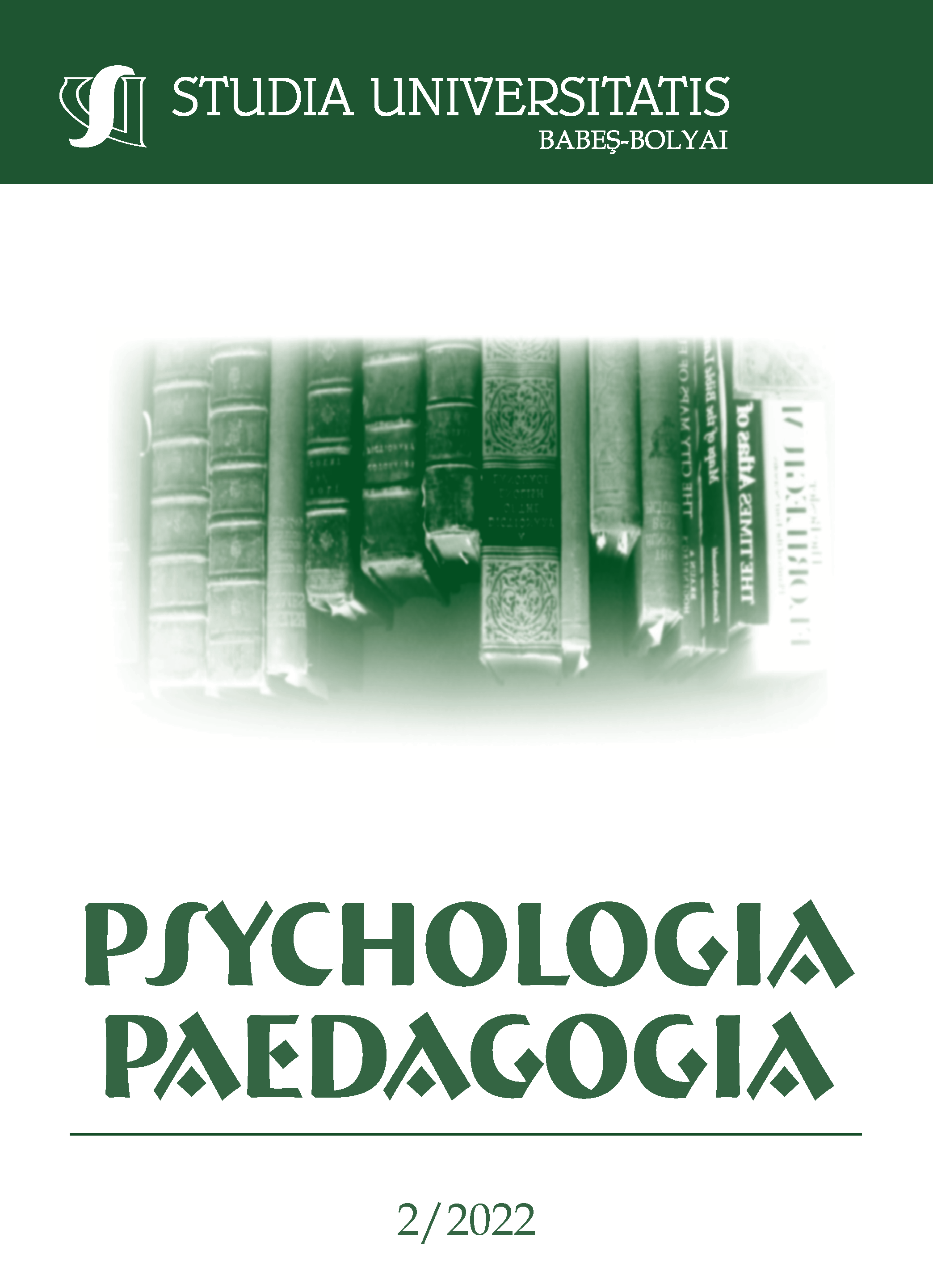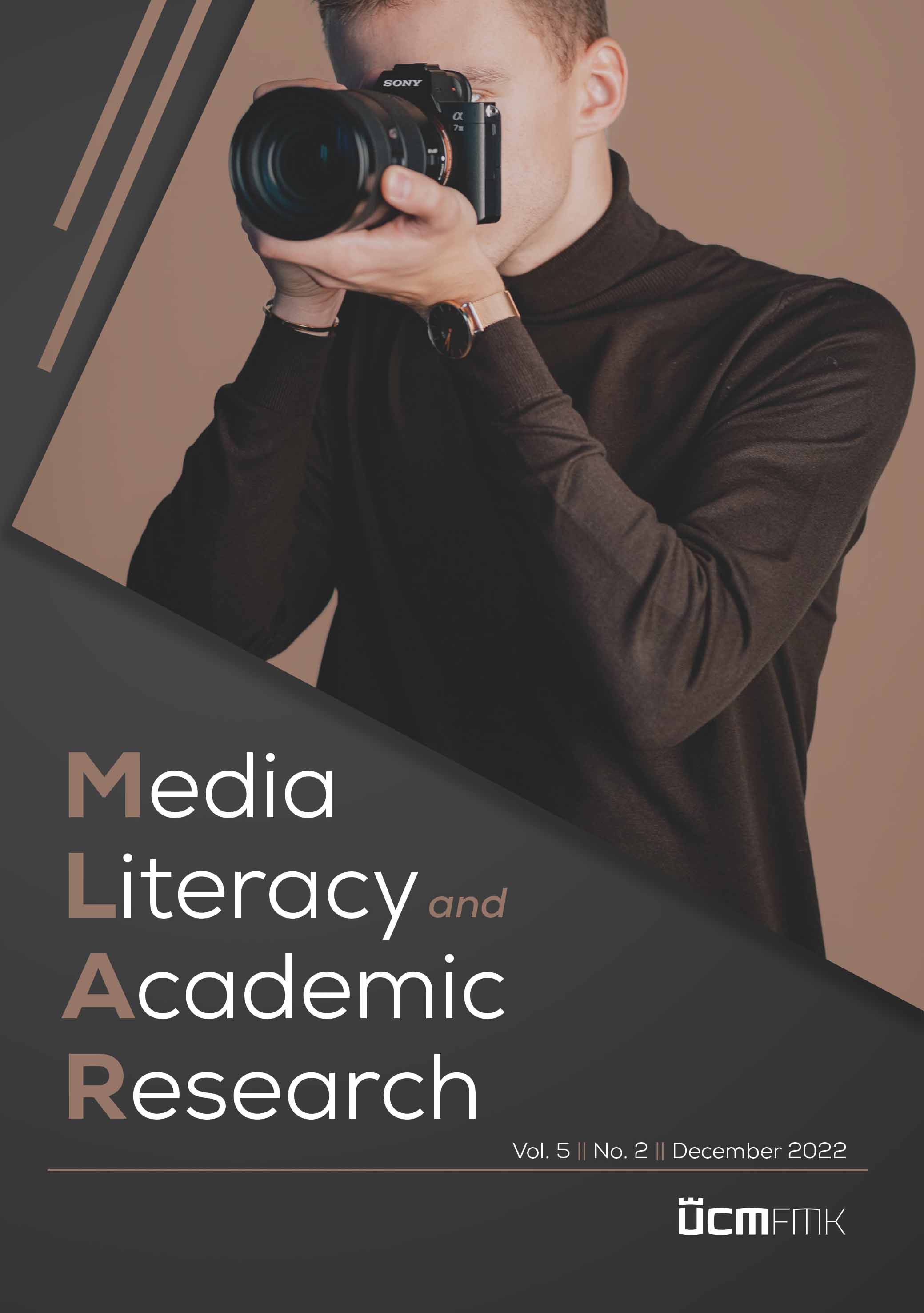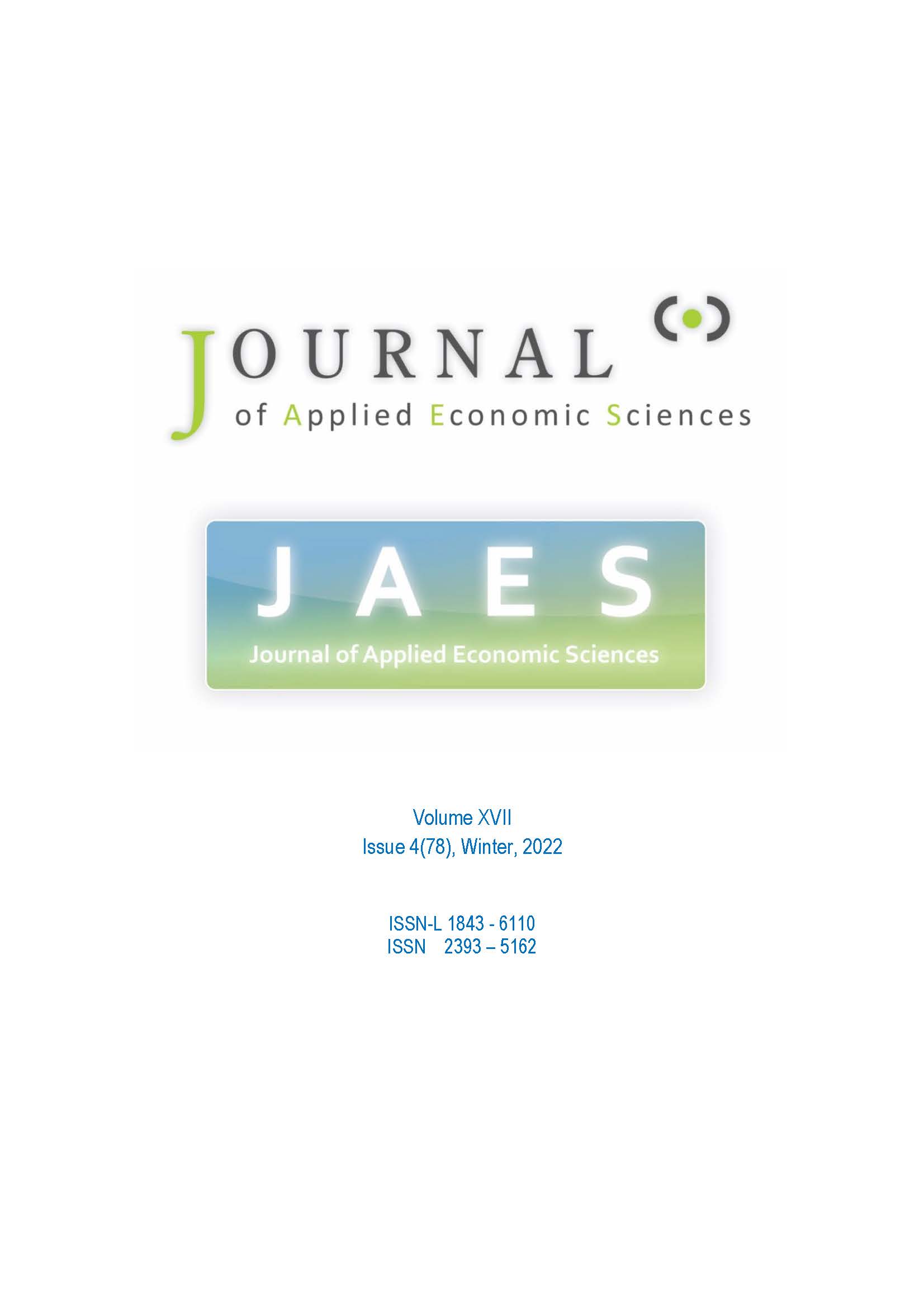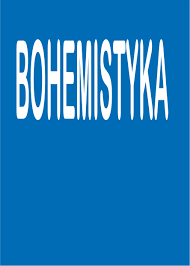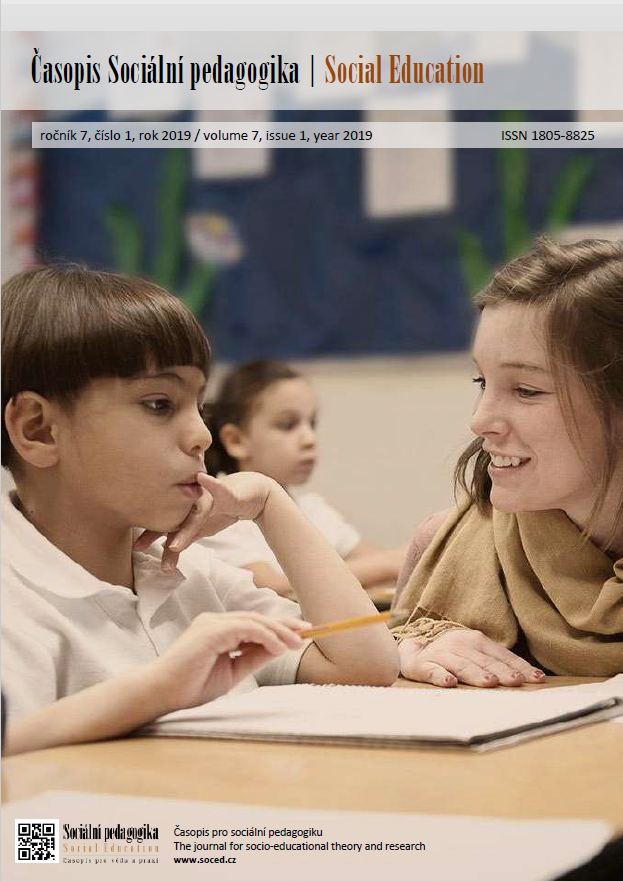
EU-India TRIPS-plus Agreement: A Real Th reat for the Developing World?
EU-India TRIPS-plus Agreement: A Real Th reat for the Developing World?
Keywords: EU; India; TRIPS (-plus); FTA; pharmaceuticals
Issuing the Global Policy Report in 2006, the EU approached a new generation of north-south FTAs. Among others, India fulfi lled the main criteria of market size, economic growth, trade barriers and trade negotiations with EU competitors. Th e EU, being one of the main trade partners of India, enhanced the mutual FTA negotiations, which have been on going since 2007. Various areas such as trade in goods, liberalization of services, investments, intellectual property rights and Singapore issues are being covered in EU-India FTA. Th is paper focuses on one of the widely discussed issues — Intellectual Property Rights (TRIPS-plus Agreement). While IPR protection is normally included under TRIPS provisions for all WTO members, TRIPS-plus, proposed by the EU, goes further in measures. Th e aim of this paper is to provide a better understanding of the political, economic and social consequences resulting from such an agreement.
More...
